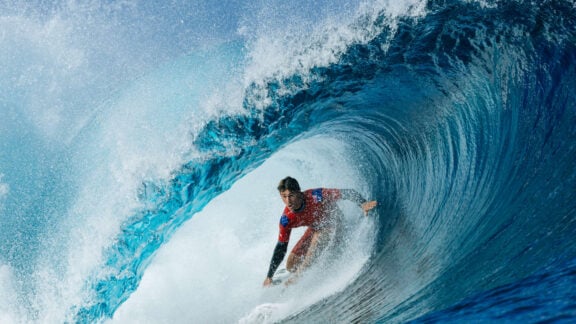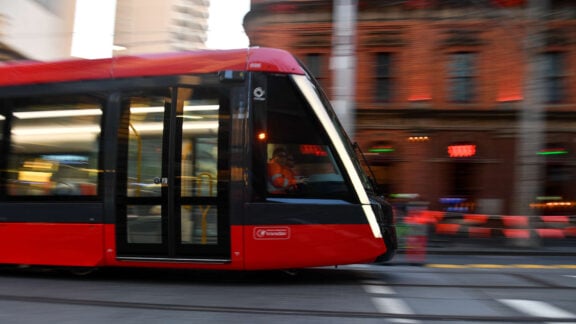Economic analysts predict that European holidays look set to become more affordable thanks to the Australian dollar trading at near decade highs against the euro. According to experts, the dollar will tread into the mid 0.70s to mid 0.80s zone against the euro and all that in time for the European summer.
The Australian dollar spiked as high as 81 euro cents this week as fears about the eurozone crisis accelerate. CommSec chief economist Craig James told the Herald Sun earlier this month that the weak euro was good news for travellers planning overseas holidays, but consumers were unlikely to see any immediate price reductions of imported European goods.
“We are in uncharted territory and could see the dollar get up as high as 84 euro cents in the next couple of months,” Mr James said. “It depends how quickly the European economy can be turned around. We are going to get to a point where the economy does start to improve and the currency will stabilise, but that’s going to take some time.”
In the past three years, the Australian dollar has strengthened by 62 per cent, up from a low of 49 euro cents in February 2009. Mr James said those planning a European visit could benefit from potentially cheaper flights. Qantas said the strong dollar was boosting outbound travel, offsetting weaker inbound demand, particularly from crisis-hit Europe.
But travel industry experts warned that a weak euro would make Australia less attractive to foreign tourists and encourage locals to head overseas for holidays. Tourism and Transport Forum spokesman Rowan Barker said it would lessen the buying power of foreign tourists, meaning visitors may spend less than usual. Shoppers hoping the weak euro would translate to discounts on European brands are more likely to find immediate success on the internet than the high street, retail experts said.








